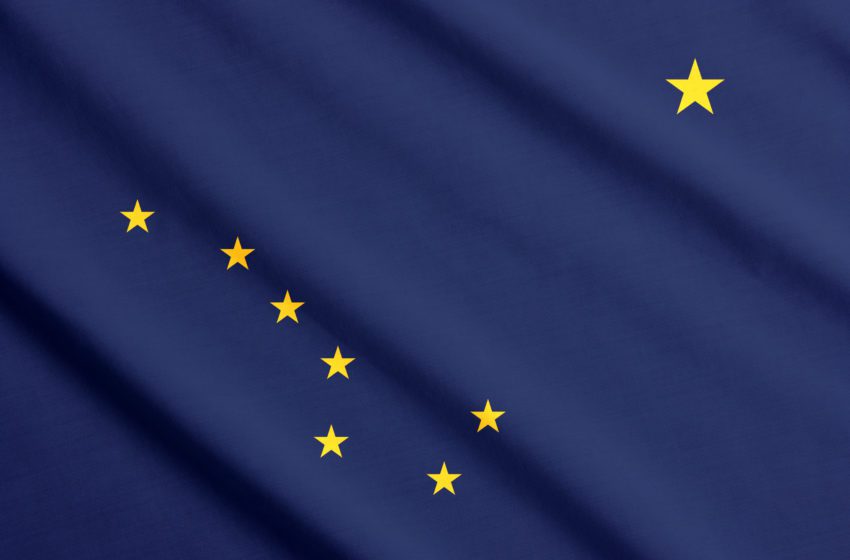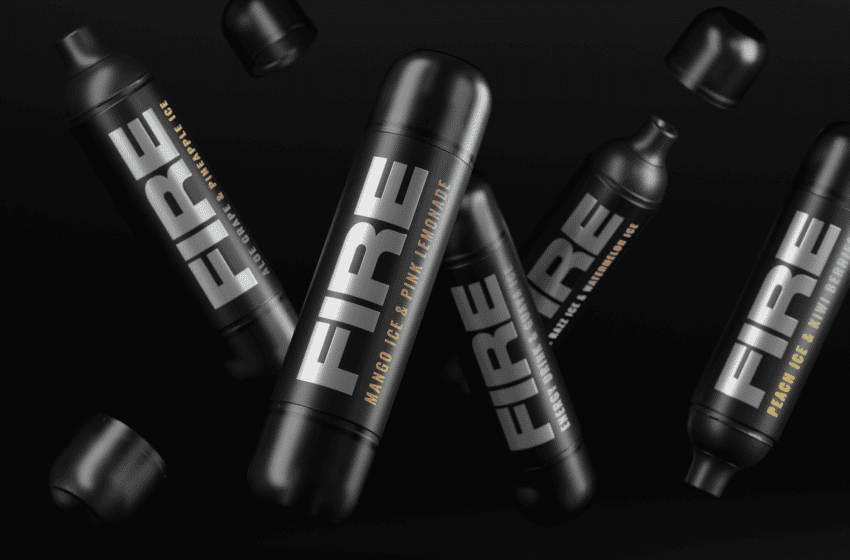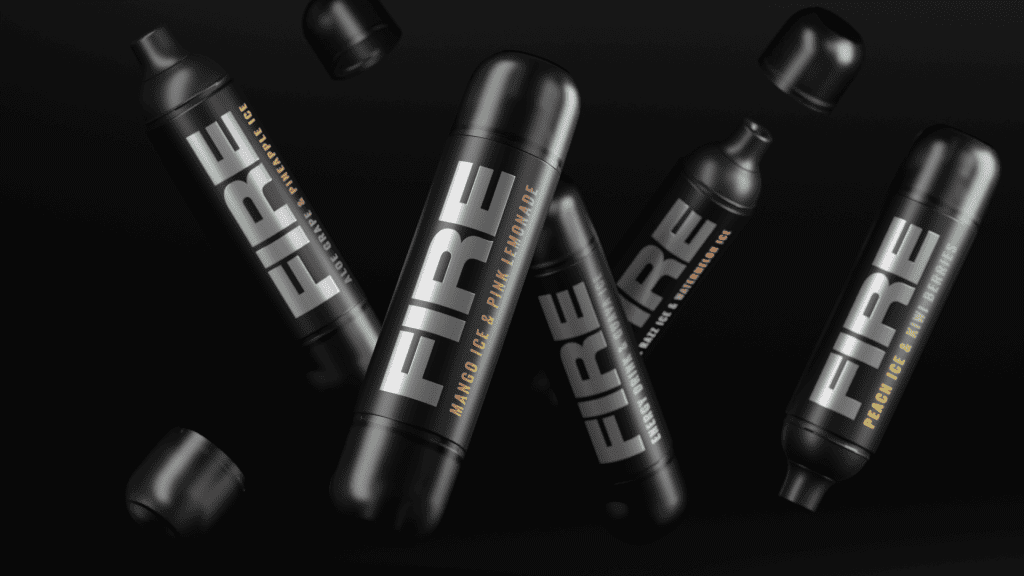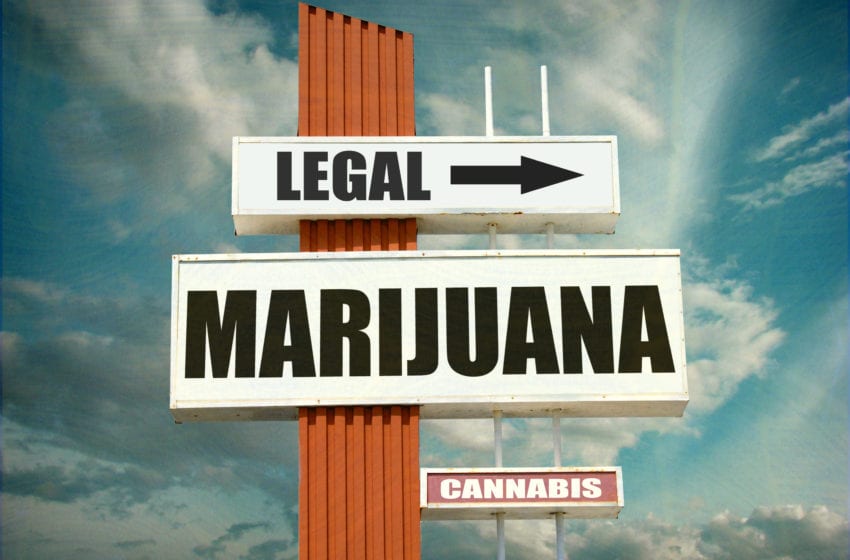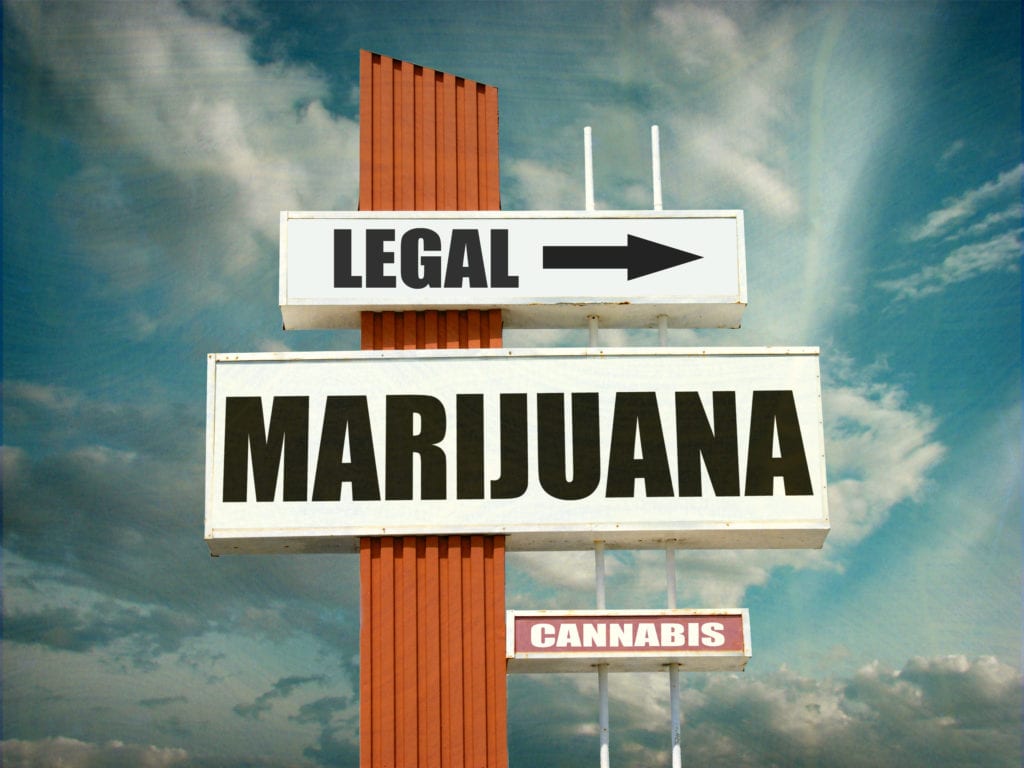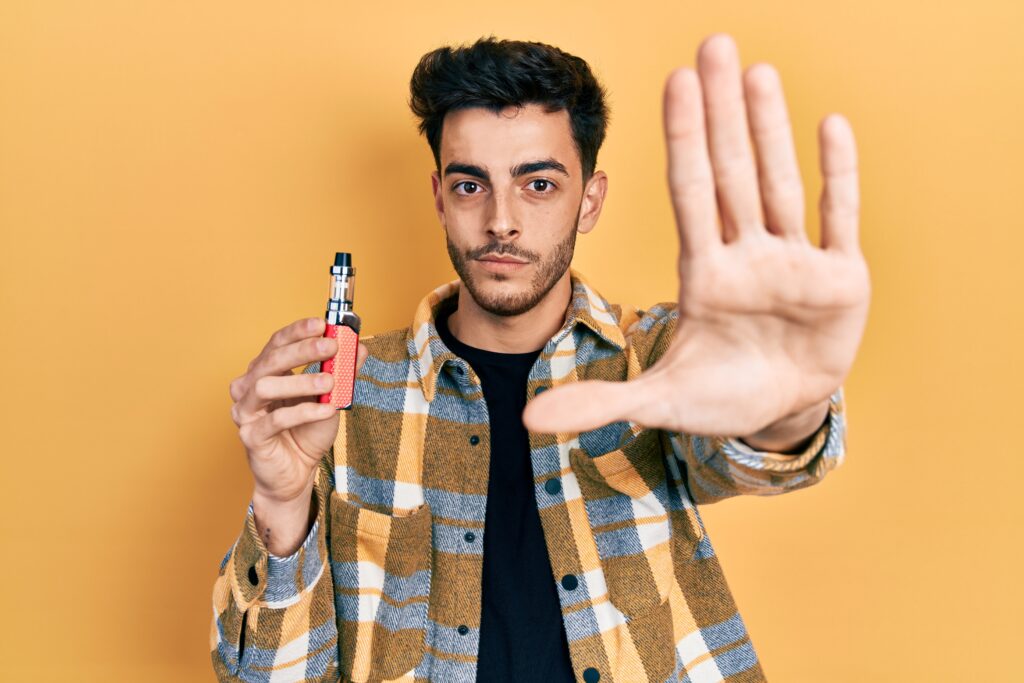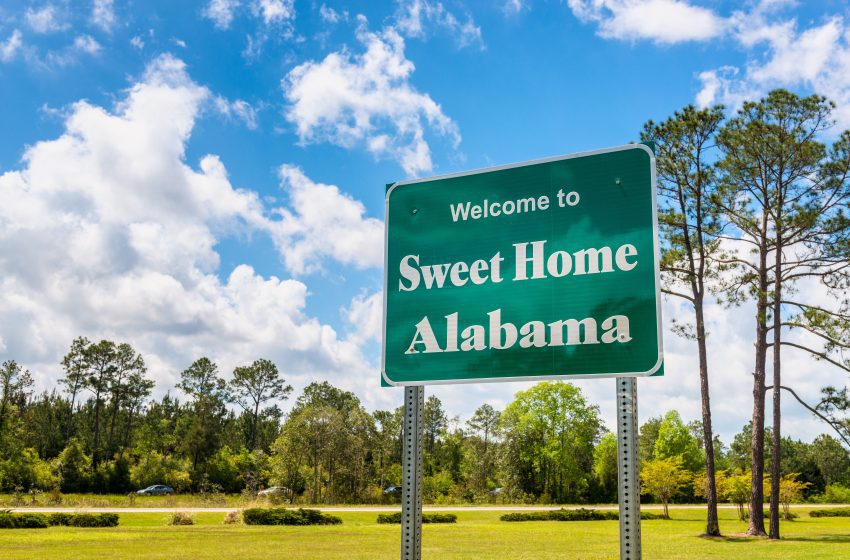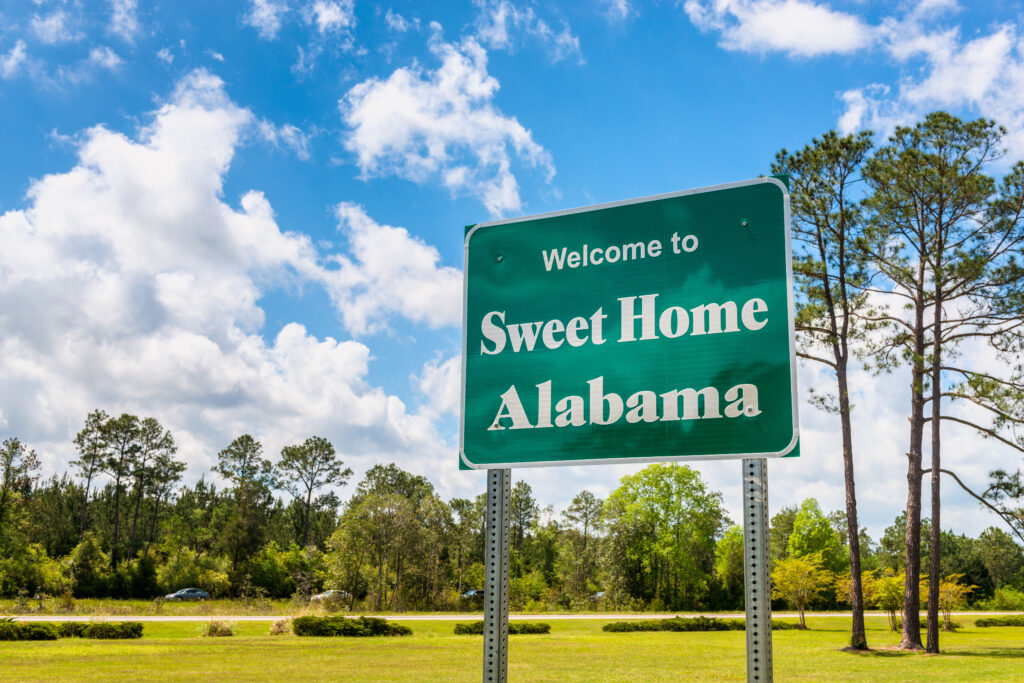
Last week, the Alaska Senate voted 14-6 in favor of S.B. 89, a bill that would change the state’s minimum age to purchase and possess vaping and other tobacco products from 19 to 21 years old.
If approved, the bill would align Alaska’s state law with the federal standard.
The bill also would impose a statewide tax of 25 percent on e-cigarettes. A similar bill was vetoed by Gov. Dun Mike Dunleavy last fall.
The 25 percent statewide tax would add to Alaska municipal nicotine taxes already in place, such as Juneau, which currently taxes 45 percent, or $3 a pack, on the wholesale price of tobacco products, according to City and Borough of Juneau Finance Director Jeff Rogers.
The action would also allow local law enforcement to enforce the federal Tobacco 21 standard and ensure the state doesn’t lose out on grants and other funds it can receive for having its tobacco laws in line with the federal standard, reports Charlie Minato with Halfwheel.
S.B. 89 would make it illegal for anyone to sell or give tobacco or vaping products to anyone under the age of 21 years old. Those caught selling or giving tobacco or vaping products to someone under the age of 21 would be subject to a fine of at least $300.
The bill would also introduce fines for those under the age of 21 years old caught possessing tobacco or vaping products. They would be subject to a fine of no more than $150 and could be subject to a tobacco education program.
In December 2019, President Donald Trump signed a large federal spending bill that also included a provision increasing the minimum age to purchase tobacco products from 18 to 21 years old at the federal level.
While the federal law already exists, its enforcement is restricted to those who sell tobacco products and not the consumers. The vast majority of U.S. states have updated their laws to make them consistent with the federal standard.
S.B. 89 now moves onto the Alaska House of Representatives.
Last year, Alaska’s governor vetoed a Tobacco 21 bill because it included a 35 percent tax increase on vaping products.

